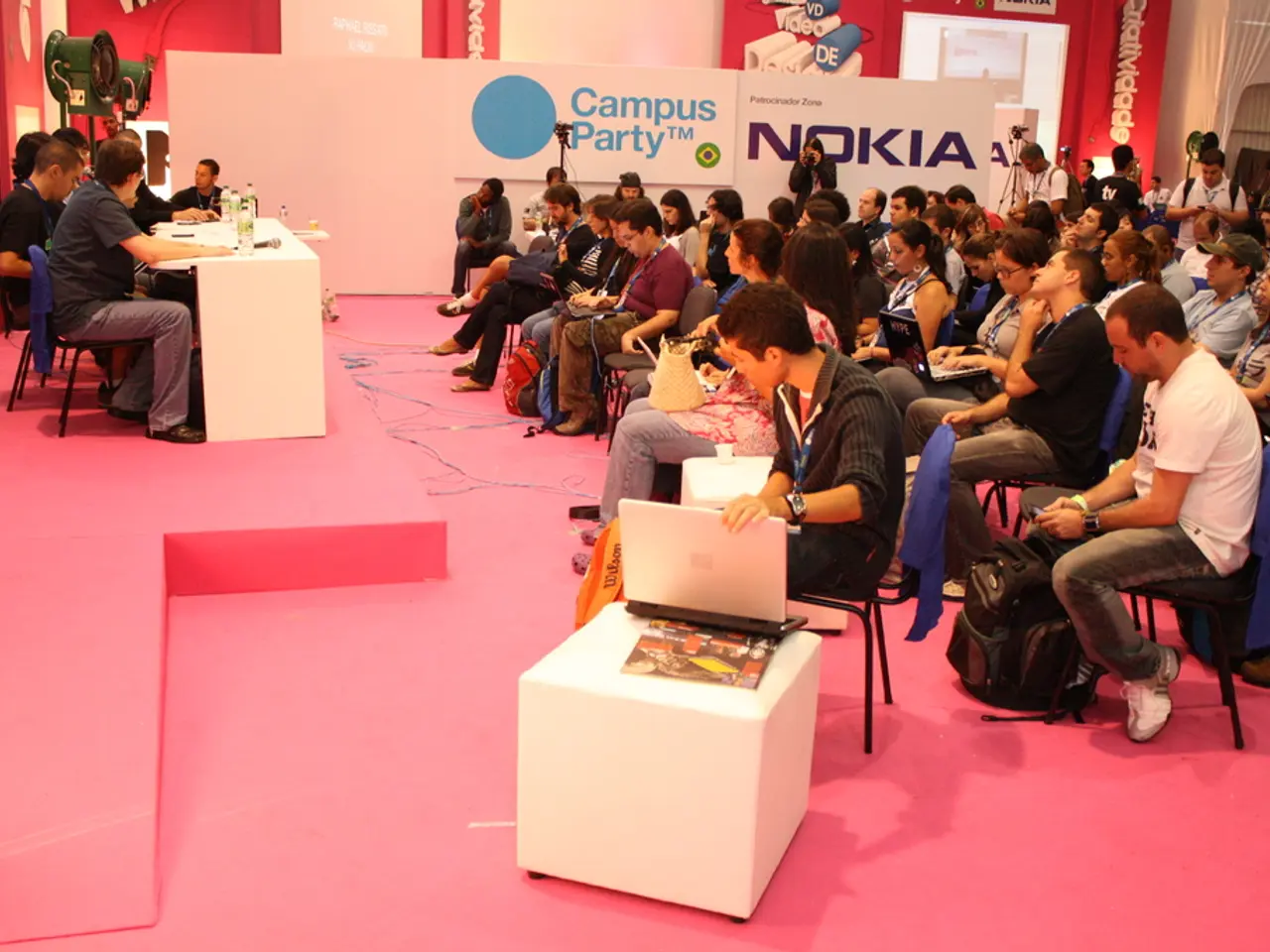Controversy in Kazakhstan's digital realm: bloggers and suspicious automobile racketeering activities
In a recent turn of events, a social media giveaway associated with popular bloggers Yerbolat Zhanabylov and Elmira Tolegenova has come under scrutiny. Journalist Nazymgul Kumyspaeva published an open letter to the Agency for Financial Monitoring of the Republic of Kazakhstan (AFM) on Instagram and Telegram, questioning the legality of the giveaway and its potential connections to illegal activities.
The giveaway, initially presented as a free event, required participation that involved payment for an info-course. This raised concerns about the legitimacy of the prize mechanism, as well as the possibility of it being an unregistered lottery, which is against Kazakh law.
The investigation could result in fines for conducting illegal lotteries, and liability under tax laws could be imposed on the bloggers for failing to disclose their earnings. Selling a course with a possible car win could be seen as a lottery with elements of a promotional campaign, requiring registration and transparent conditions.
Kumyspaeva also questioned whether the bloggers pay taxes on the funds they receive from such ventures. The lack of information about the course content, purpose, and values could be perceived as misleading consumers.
The giveaway changed its rules retroactively on August 21 without prior notification to the audience, causing confusion and dissatisfaction among participants. This move has led to a clear reputational loss for the bloggers, with many subscribers feeling deceived, unsubscribing, and demanding public apologies.
If the organizers' intent is proven, their actions could be considered fraud under the Criminal Code. If deemed illegal, participants may be entitled to a refund. Currently, 34 influencers promoting online gambling on social media are under investigation, with 11 already facing administrative sanctions.
The giveaway was a live broadcast and announcement of winners. The questions raised by Kumyspaeva suggest potential violations and trust manipulation in the giveaway. The investigation is ongoing, and the public awaits the outcome with interest.
Read also:
- Impact of Alcohol on the Human Body: Nine Aspects of Health Alteration Due to Alcohol Consumption
- Understanding the Concept of Obesity
- Tough choices on August 13, 2025 for those born under Aquarius? Consider the advantages and disadvantages to gain guidance
- Microbiome's Impact on Emotional States, Judgement, and Mental Health Conditions







